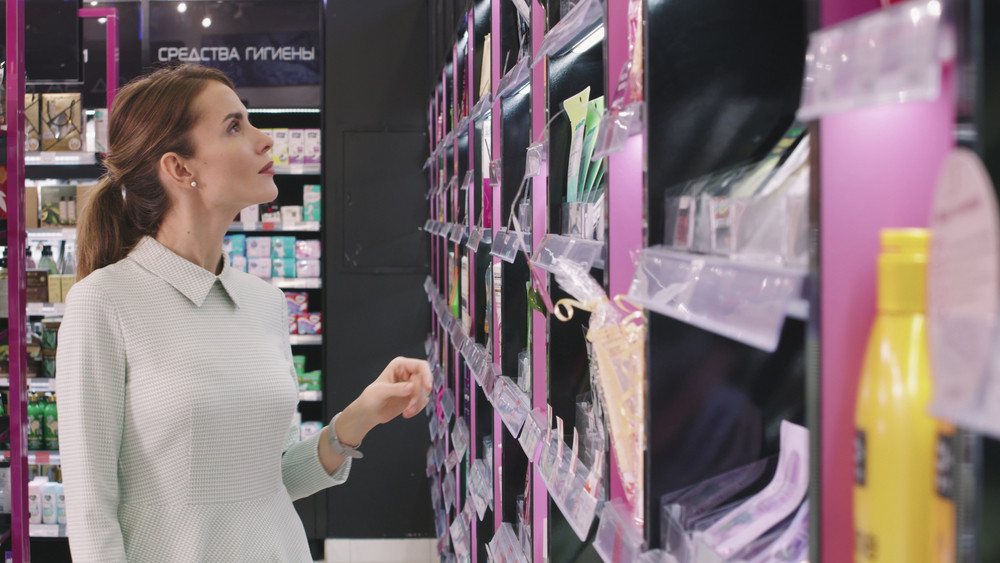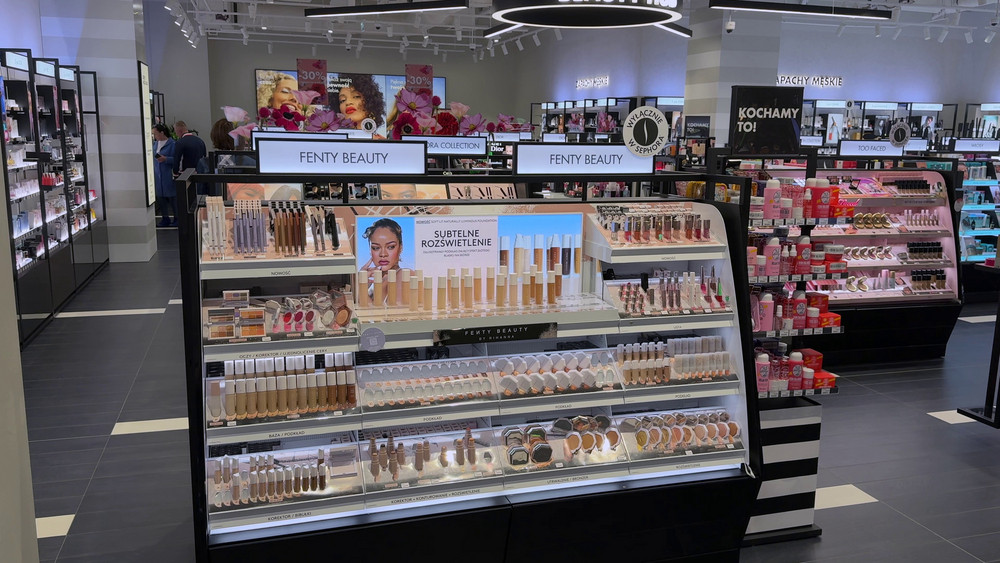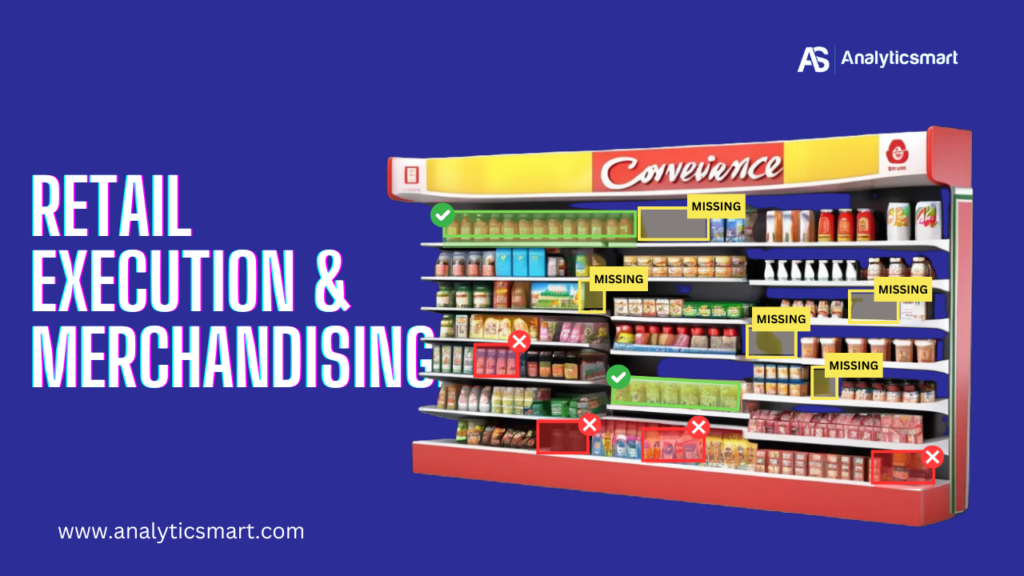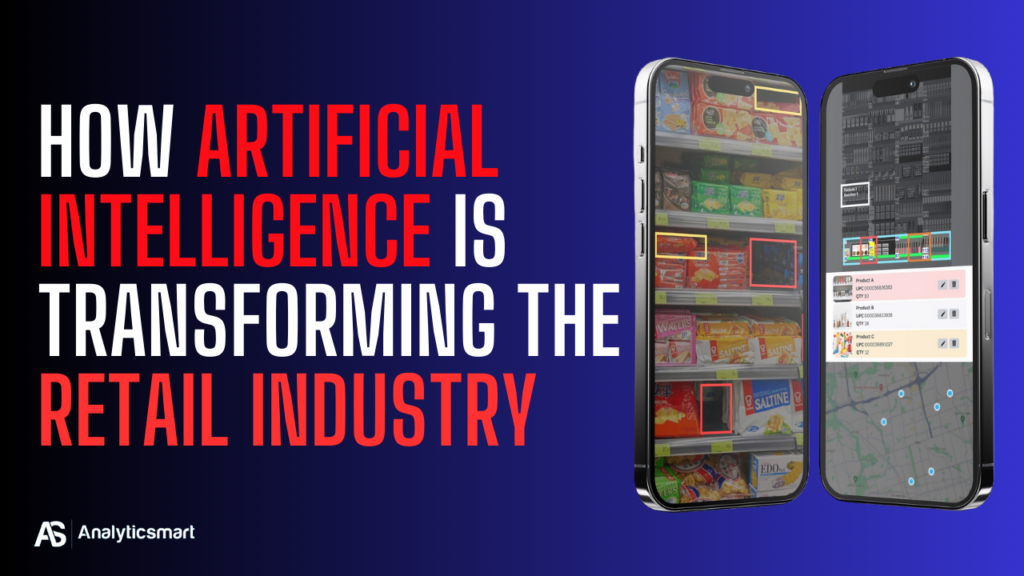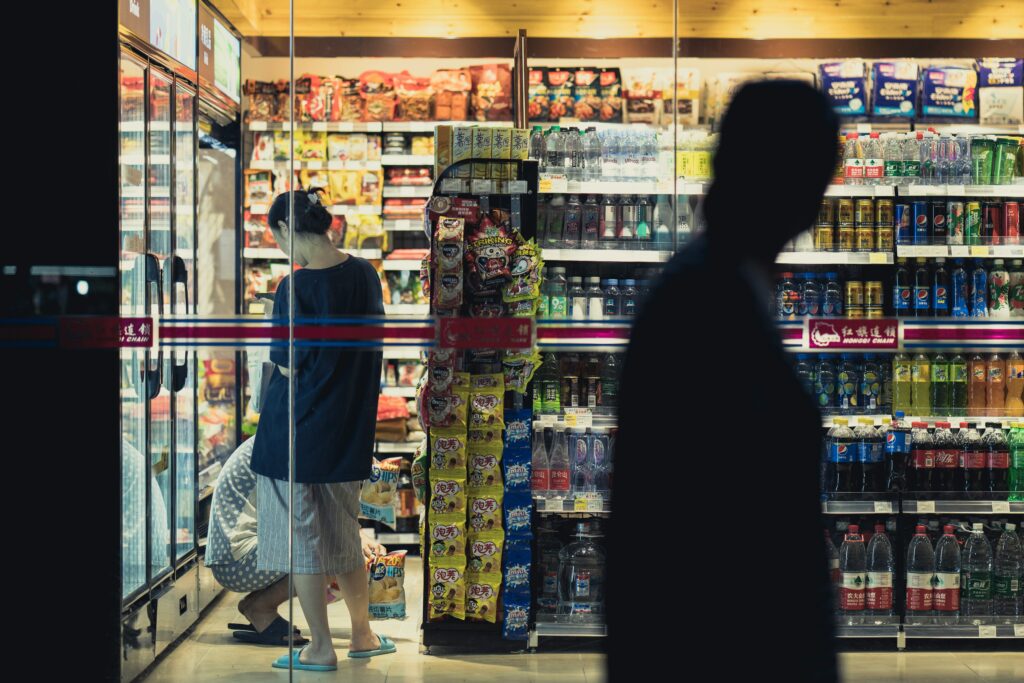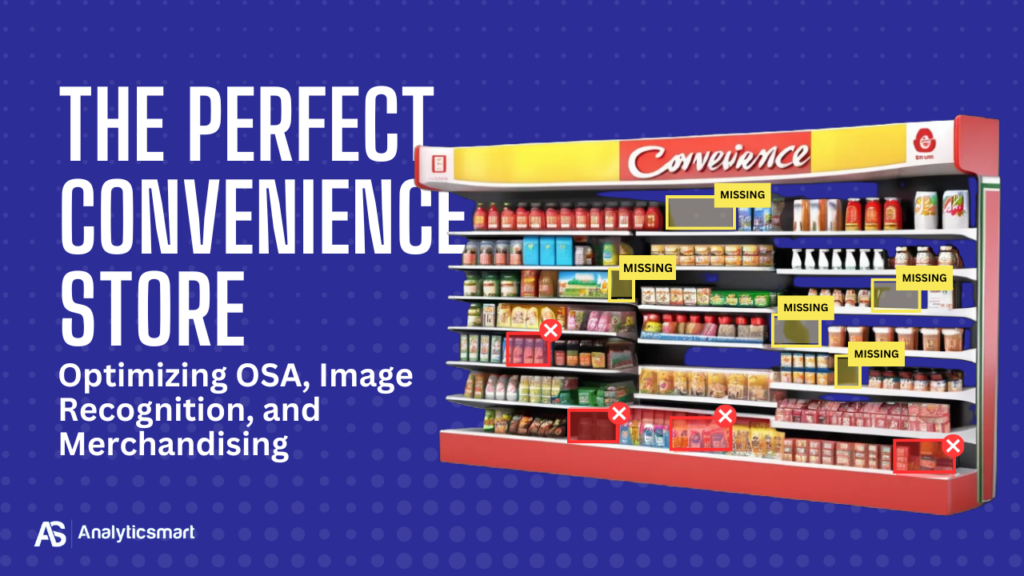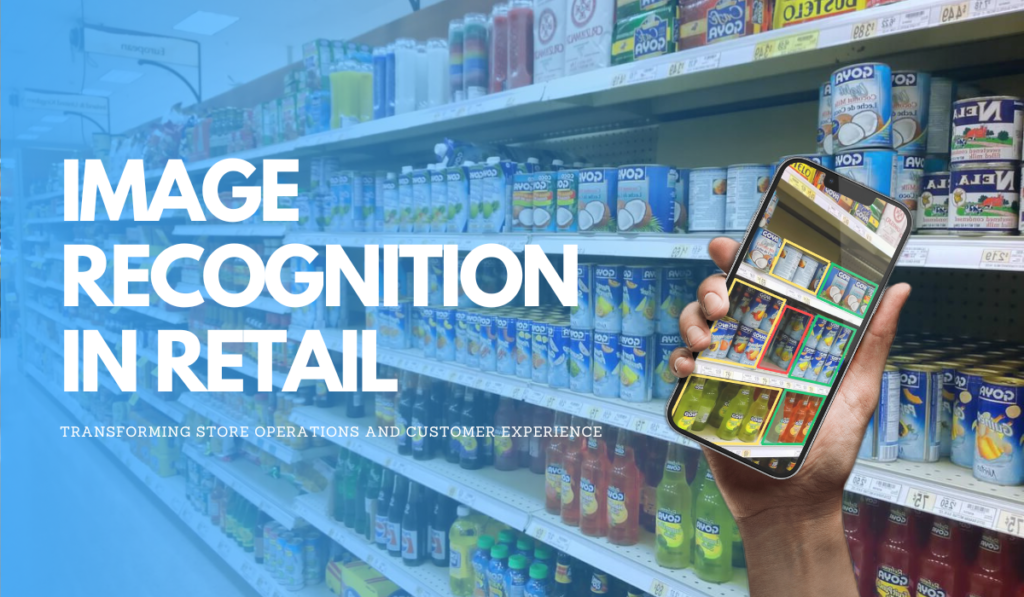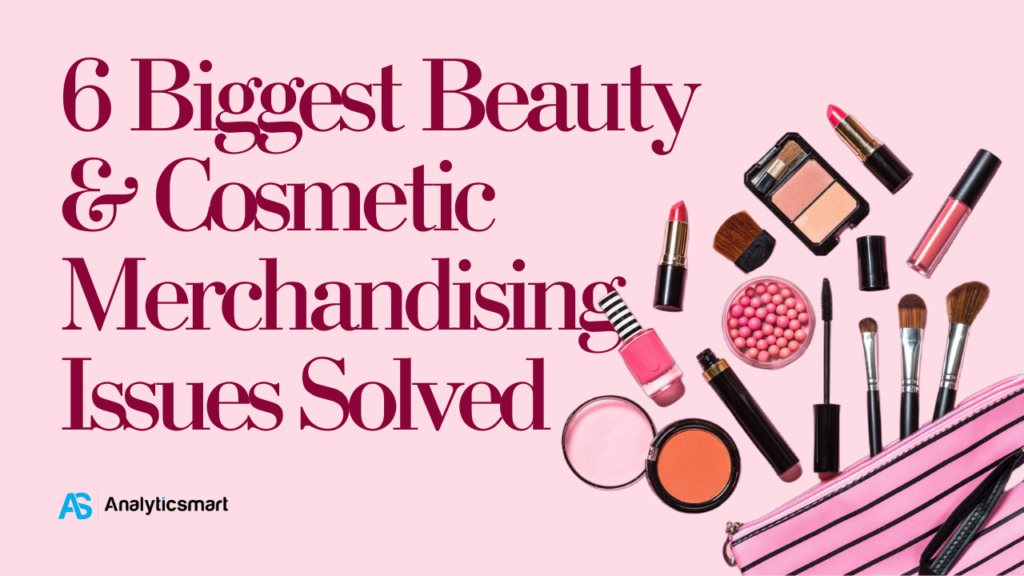In the highly competitive beauty and cosmetics industry, how products are displayed can be just as important as the products themselves. Creating an effective cosmetic planogram is not just a visual exercise—it’s a strategic approach that combines customer behavior, sales data, and category management to drive revenue.
2025 Tips & Tricks For Cosmetic Merchandising
In the dynamic and image-driven beauty industry, cosmetic merchandising is more than just product placement—it’s an art and science. As we move through 2025, evolving consumer preferences, technological advancements, and heightened competition are reshaping how beauty brands and retailers present products.
Retail Execution and Merchandising: Unlocking In-Store Excellence
In the dynamic world of retail, flawless execution is not just a goal—it’s a necessity. Retail execution and merchandising are the backbone of ensuring that a brand’s strategies manifest perfectly at the shelf, directly influencing customer experiences and sales outcomes. At Analyticsmart, we understand that successful retail execution bridges the gap between strategic planning and […]
The Future of AI in Retail: How Artificial Intelligence is Transforming the Industry
Artificial Intelligence (AI) is revolutionizing industries worldwide, and retail is no exception. From personalized shopping experiences to supply chain optimization, AI is redefining how retailers operate and interact with customers. As businesses move beyond pilot projects, scaling AI solutions is becoming a strategic priority.
How to Merchandise a Convenience Store for Maximum Sales
Merchandising a convenience store requires a strategic approach to product placement, inventory management, and store layout. Unlike large retail spaces, convenience stores operate within limited square footage, making it crucial to optimize every shelf and aisle to attract customers and boost sales.
The Perfect Convenience Store: Optimizing OSA, Image Recognition, and Merchandising
Convenience stores are an integral part of retail, serving as quick-stop destinations for customers seeking essential items, snacks, and beverages. They thrive on efficiency and accessibility, offering a unique shopping experience that caters to a fast-paced lifestyle.
AI Use Case in Retail: Retail Object Detection
In today’s fast-paced retail environment, artificial intelligence (AI) has emerged as a game-changer, transforming every aspect of the industry from supply chain optimization to customer experience. One of the most compelling applications of AI is retail object detection.
6 Biggest Beauty & Cosmetic Merchandising Issues Solved
Cosmetic merchandising is a crucial element of retail success. However, it’s no secret that managing cosmetics in-store comes with its own set of challenges. From frequent resets to stockouts, cosmetic brands face a range of issues that can impact sales and customer satisfaction. Fortunately, with the right tools, these problems can be solved efficiently. In this blog, we’ll explore the five biggest cosmetic merchandising issues and how you can solve them with innovative solutions.
The Perfect Cosmetic Store: Secrets Behind Effective Cosmetic Merchandising
In the ever-evolving beauty industry, where trends shift rapidly and customer expectations rise higher, cosmetic merchandising plays a pivotal role in creating an exceptional in-store experience. From luxury boutiques to everyday high-street cosmetic retailers, the presentation of beauty products must strike a delicate balance between aesthetics, functionality, and the art of storytelling.
Spring Cosmetic Category Resets Don’t Have to Be Hard—Here’s the Smarter Way
Spring is a season of renewal, not just for nature but for cosmetic retailers and brands. As beauty trends evolve, spring category resets become essential to introduce new product lines, update cosmetic planograms, and refresh store layouts. However, this process is far from easy.

